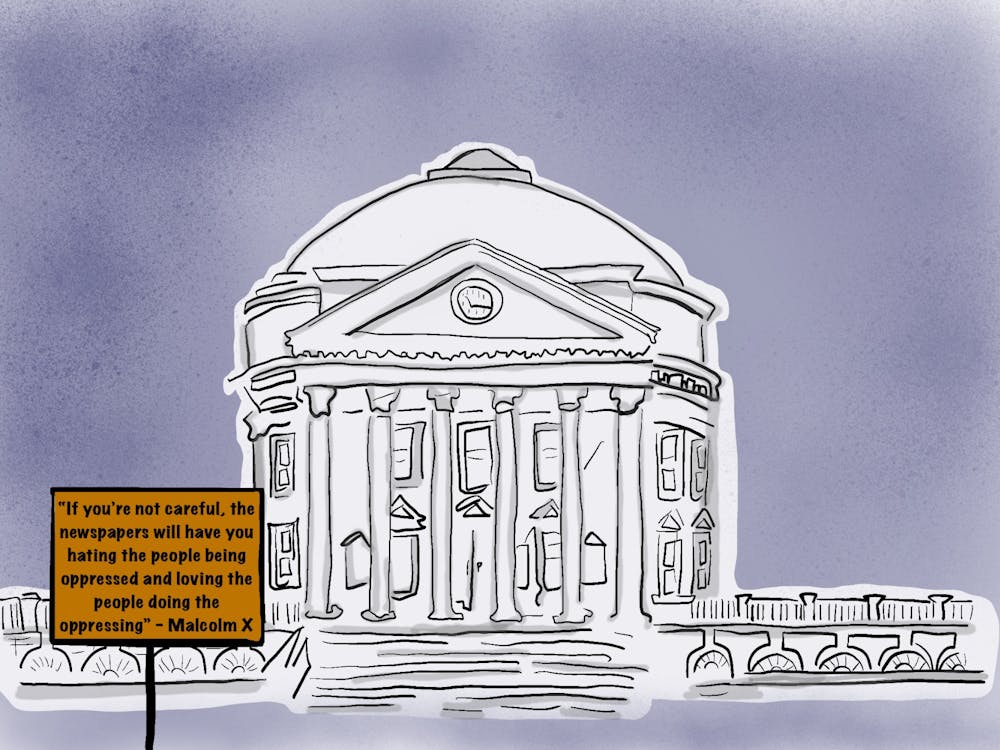On Aug. 31, 2013, University student Shelly Goldsmith passed away in Washington, D.C. Her death took a heavy toll on the University community, reminding us as young people that our perceived invincibility is only an illusion.
Since then, Shelly’s mother Dede Goldsmith has launched a campaign to amend the RAVE Act, which instilled legal penalties for establishments that manufacture, store, distribute or profit off of controlled substances. Though the act was effective in eliminating underground raves, more commercial rave venues have emerged, and Goldsmith argues the act is now discouraging those venues from utilizing safety measures that could potentially save lives.
Examples of those measures could be having designated “cool down” areas, steady water supply and more medical staff on hand. Goldsmith argues the owners and operators of clubs are afraid to provide these resources for fear they might be accused of condoning drug use.
The Drug Enforcement Administration distributed a memo in 2003 to clarify the RAVE Act cannot be used to prosecute “property owners not personally involved in drug activity,” according to criminal defense attorney Cameron Bowman. Bowman said this memo was issued because authorities were misusing the RAVE Act. Such mishandling of legal cases could contribute to the fear club owners feel.
Clearly, just distributing a memo has not done enough to alleviate prosecution concerns. The words “not personally involved in drug activity” are vague, and need more clarification in the official legislation. Prosecution under an updated RAVE Act should be restricted only to owners of clubs who manufacture, sell or distribute drugs.
Of course, clubs should not encourage people to use drugs either, but instilling safety measures is not encouragement for drug use — it is a recognition that because some people will still use drugs, there should be safety measures in place for those risky situations. Resident Advisors at the University distribute information to first-year students about average BACs for men and women, as well as information about how to tell if someone has alcohol poisoning, and what to do if so. This does not mean RAs are encouraging underage drinking; rather they are recognizing that many underage students will drink and giving them information about responsible consumption of alcohol.
Rave venue owners should not be discouraged from distributing educational materials and preparing for emergency medical situations in order to make their events safer. A possible argument against these precautions is that people may be more likely to use drugs if they know there is a safety net in place. But according to University of Delaware Prof. Tammy Anderson, the number of MDMA users has actually declined in recent years, while the number of related emergency room visits has increased. This trend makes availability of immediate medical attention a prime concern, as it would be likely to prevent more casualties.
It is also crucial to remember the importance of education efforts, as dissemination of knowledge about risks is likely to further decrease the number of users. Part of the RAVE Act authorizes federal funding for education about ecstasy. Universities may be good venues to launch education efforts, especially if students’ peers have fallen victim to MDMA complications. Dede Goldsmith has taken up a righteous cause in memory of her daughter, and as Shelley’s peers, we ought to support the cause along with her.




